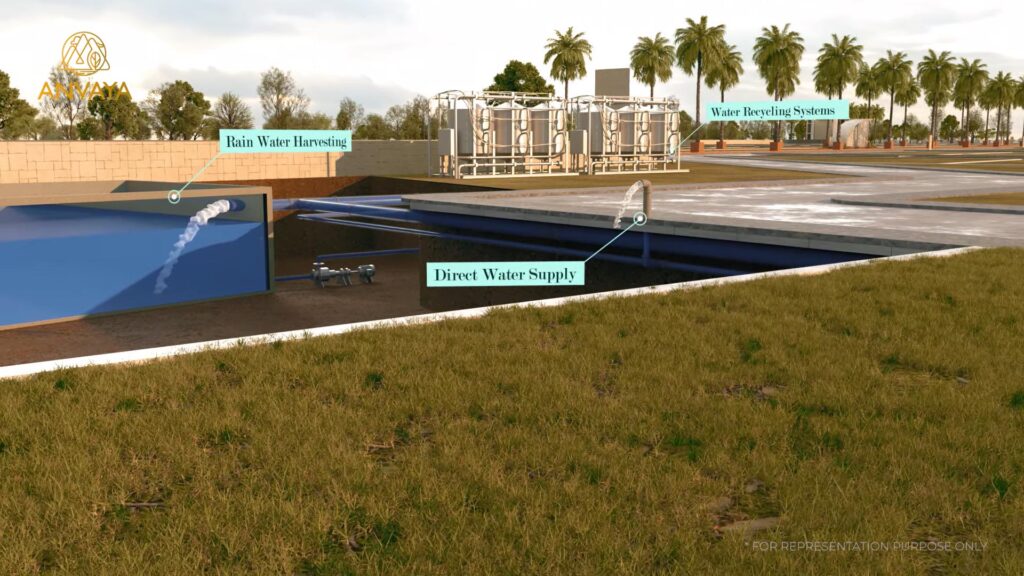Harnessing the Power of Nature: Rainwater Harvesting
In an era where water scarcity is a growing concern, Rainwater Harvesting has emerged as an eco-friendly and sustainable solution. By capturing and utilizing rainwater, this practice not only conserves a precious resource but also offers a range of benefits for both individuals and the environment.
It involves collecting and storing rainwater from rooftops, catchment areas, or other surfaces for later use. The collected water can be used for various purposes, such as irrigation, landscaping, toilet flushing, laundry, and even drinking water after appropriate treatment.

One of the primary advantages of rainwater harvesting is its contribution to water conservation. By capturing rainwater that would otherwise flow away and be lost, we can significantly reduce our dependence on freshwater sources, such as rivers and underground aquifers. This conservation of water resources helps alleviate the strain on existing water supplies, especially in areas facing water scarcity or drought conditions.
Implementing rainwater harvesting systems also promotes self-sufficiency and resilience. By having a supplementary water source, individuals and communities become less reliant on municipal water supplies or expensive water deliveries. This is particularly beneficial in regions where water availability is limited or during emergencies when access to water may be disrupted.
Furthermore, rainwater harvesting is a cost-effective solution. While the initial setup cost may vary depending on the scale and complexity of the system, the long-term savings can be significant. Reduced reliance on municipal water can lead to lower water bills, and in some cases, governments may offer incentives or rebates for implementing rainwater harvesting practices.
Additionally, rainwater is typically soft and devoid of certain contaminants found in other water sources. This makes it suitable for various non-potable applications, such as irrigation and washing. By using rainwater for these purposes, we can reduce the demand for treated drinking water, thereby conserving energy and resources associated with water treatment processes.

